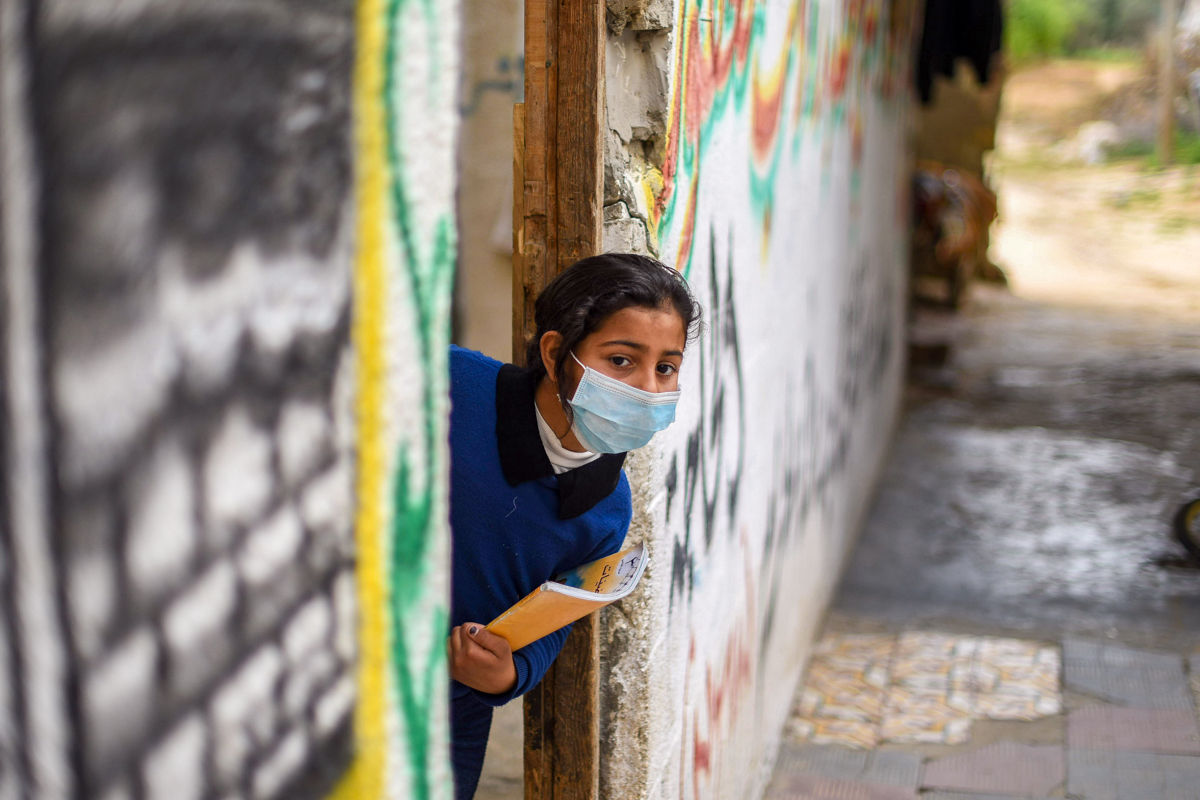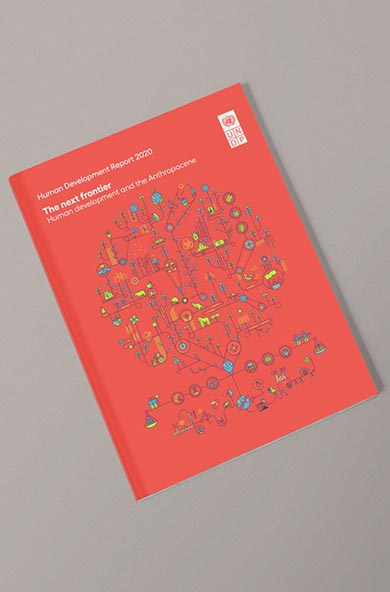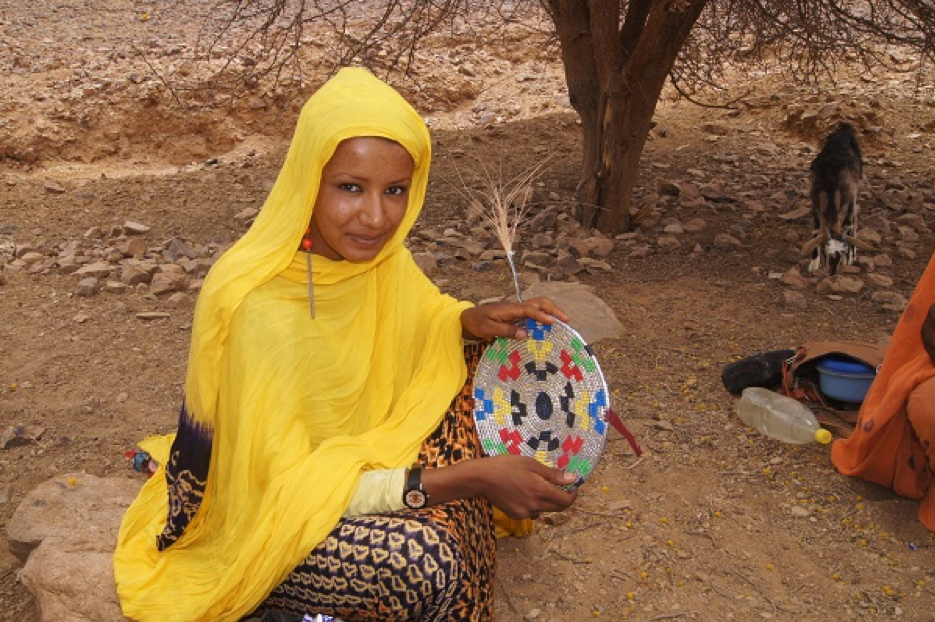Youssef Shwbail, 59, is pictured outside his damaged home in the Myasa neighbourhood of Mosul’s Old City.
During the battle to liberate Iraq from ISIL, millions of people fled their homes. When they returned, many found their homes damaged or destroyed. UNDP is working to repair thousands of homes across Iraq and breathe life back into the neighbourhoods that need it most.
“We had lost hope. With UNDP arriving, hope has started to return”
Youssef knew the Iraqi security forces were close. On the other side of the Tigris, East Mosul had already been liberated from ISIL control. Meanwhile, ISIL had forbidden residents of West Mosul to leave their homes, leaving Youssef and his family trapped as the battle for the city raged all around them.
After hearing that the Iraqi security forces had finally retaken his neighbourhood of the Old City, Youssef decided to make a run for it. With nothing but the clothes on his back, he took his wife and four young children and moved quietly through the streets in search of safety.
Luck was not on their side. They were soon spotted by ISIL members, who fired a rocket-propelled grenade (RPG) straight at them as they attempted to flee to safety. Youssef’s wife was killed instantly and he and his children were left severely injured. As further punishment, ISIL went to their home, firing RPGs into their home and setting it alight.
Unable to work, grieving and now homeless, Youssef and his children stayed with relatives and travelled to the nearby city of Erbil to get medical treatment for their injuries. His son lost his leg in the attack and Youssef was injured badly by shrapnel. When he heard that UNDP was beginning a project to repair homes in his neighbourhood he didn’t quite believe it.
“What I want more than anything is for my children to grow up and get an education”
Just down the street from Youssef, Entesar is a thirty-two-year-old mother of three, whose family has endured their own difficulties. She, too, stayed put while the fighting continued, until her home was directly hit by a mortar strike, causing the basement to collapse.
At this point she moved her family to the home of her relatives, where they have been living in one room together since. Her husband has major health issues and is unable to work and provide for the family, forcing them to rely on their extended families for support. Their eighty-year-old house is being repaired by UNDP, allowing them to return home to the Myasa neighbourhood of the Old City.
“My priority is for all my children to have an education and for my husband to find work”
In the nearby neighbourhood of Al-Islah al Zirahee, another woman named Entesar has already moved back home, despite the damage all around her. With seven children, one of whom has a severe intellectual disability, Entesar has had her hands full. All nine of them were forced to hide in their tiny basement for almost two months while the fighting line between ISIL and the Iraqi forces was directly outside their home. They eventually escaped to safety and when they did return home, they found their home was booby-trapped with explosives, which killed a member of the Iraqi Security Forces during the clearance operation.
“We suffered for years and we were still suffering here at home until UNDP arrived. Things are much better now.”
Meanwhile, in the city of Fallujah, UNDP has already completed the rehabilitation of almost 5,000 homes in the city. One of these homes is owned by Omar, who lives there with his wife and four sons, aged between three and thirteen.
They fled Fallujah as soon as ISIL arrived and spent over two years moving between Heet, Habaniyah and a camp for internally displaced people. When he arrived home for the first time in November 2016, Omar was shocked.
“I knew the house would be bad, but not this bad. Everything was broken and the house had been burned out,” he says.
Omar began making repairs to his home by himself as best he could while looking for work as a barber. Despite the difficulties of living in a damaged house, he and his family were relieved to no longer be on the move and living in a camp.
About UNDP’s housing work in Iraq
UNDP’s Funding Facility for Stabilization (FFS) is working to repair homes in neighbourhoods across Iraq that were under ISIL control. Across Anbar and Ninewa, UNDP has already completed the rehabilitation of almost 15,000 homes. Meanwhile, in Mosul, a project has begun that will ultimately rehabilitate 10,000 homes in the western side of the city.
The primary aim of UNDP housing repair is to encourage families to return home by improving housing quality, safety, and dignity of returnee families. UNDP focuses on areas where the most vulnerable people live, where damage levels are highest, and where few other partners are working. Houses with up to a moderate level of damage are chosen for rehabilitation; houses that are fully destroyed come under the responsibility of the Government.
Working on a neighbourhood by neighbourhood basis, UNDP aims to include the community in all aspects of project decision-making. In Mosul, neighbourhoods are selected in collaboration with the Mayor’s office. Home owners and community leaders — known as mukhtars– are also involved in the process. Together, they are working together to breathe life back into the neighbourhoods that need it most.

 Locations
Locations

















